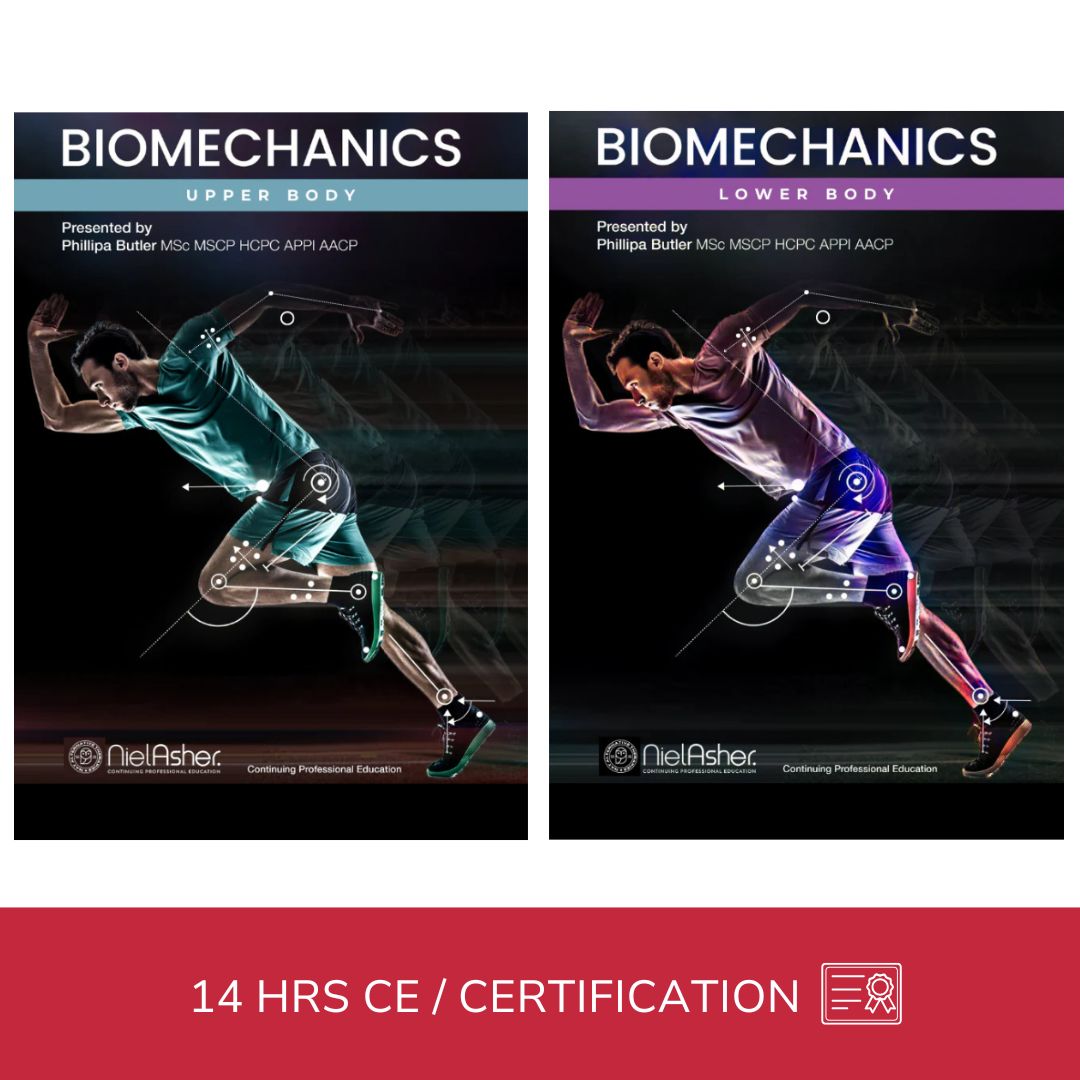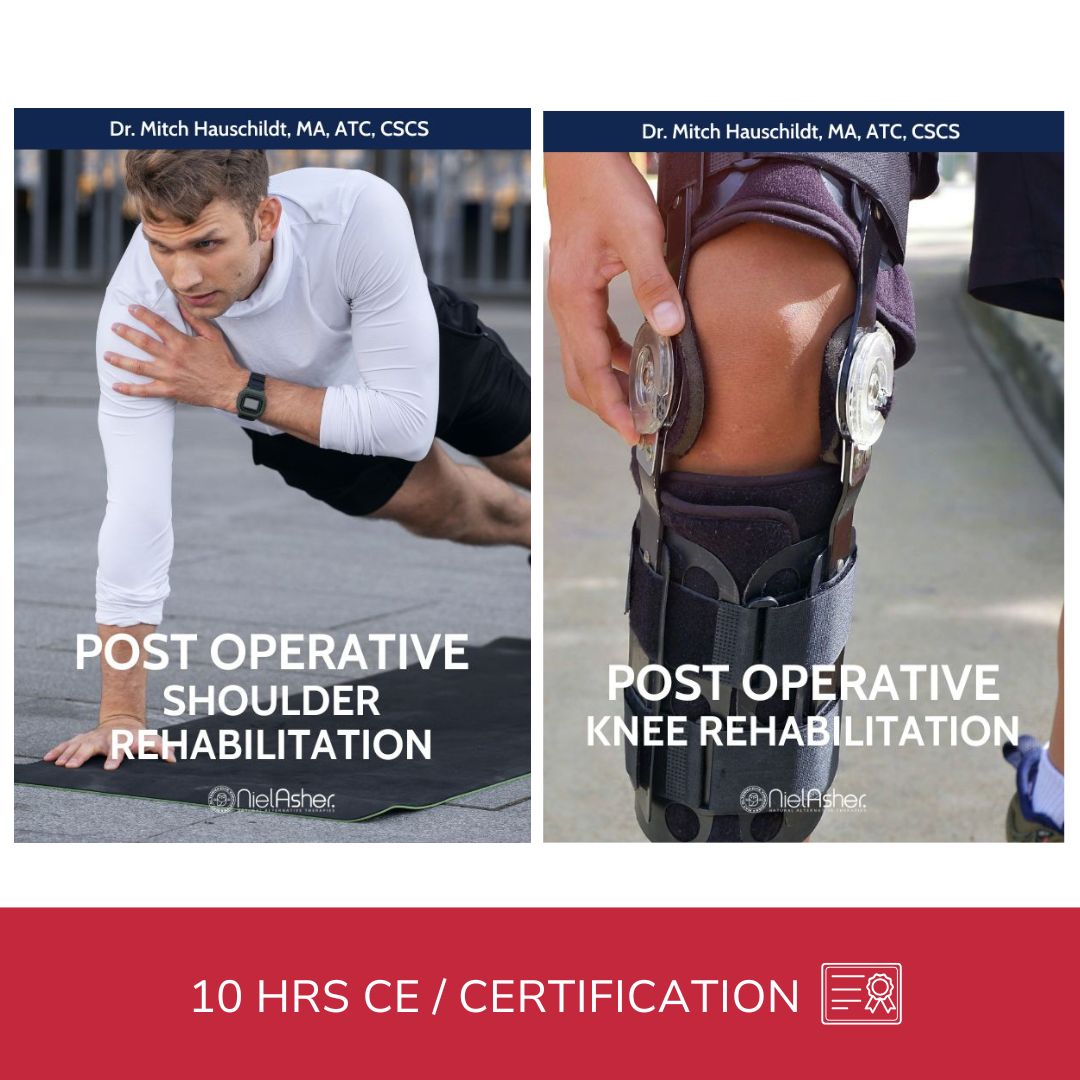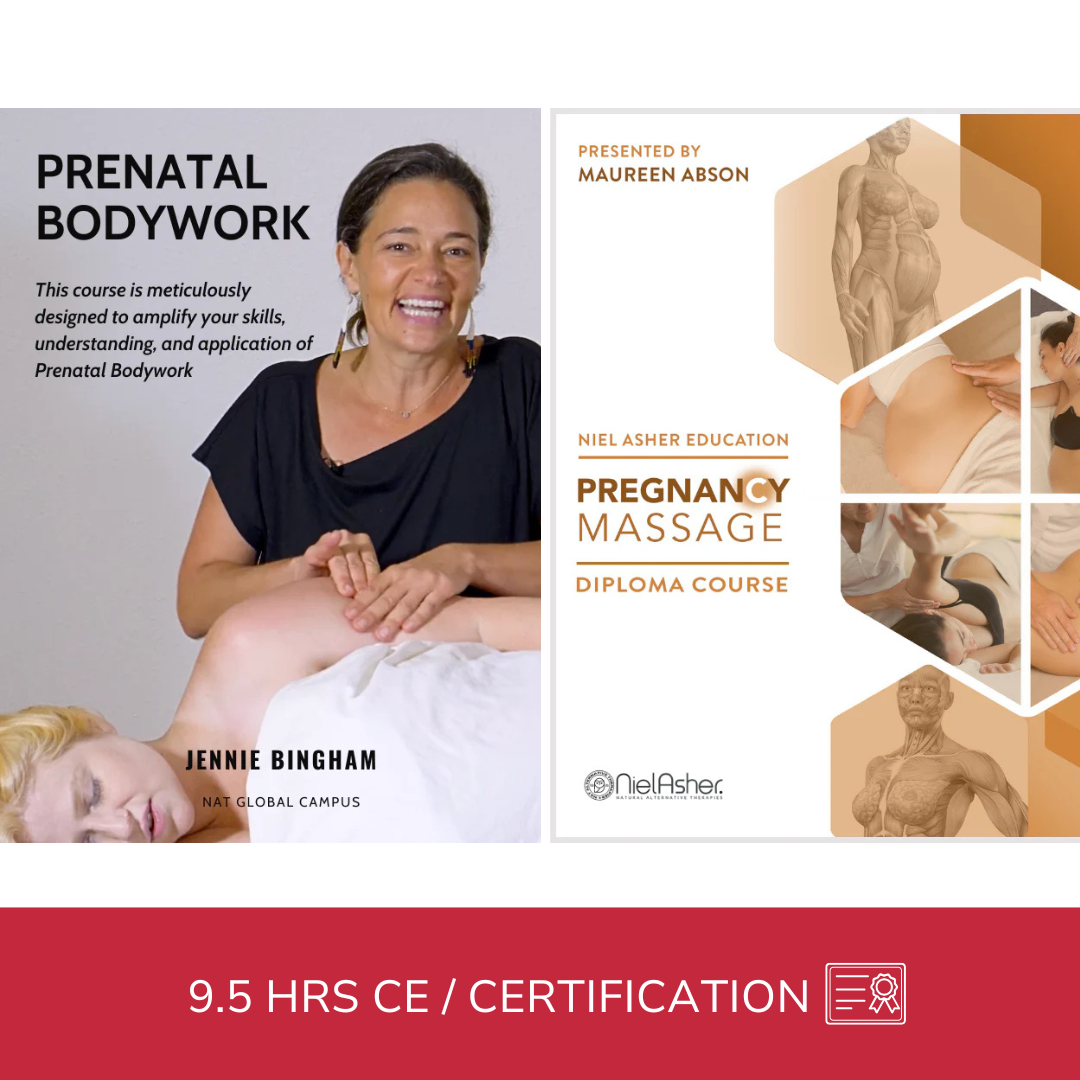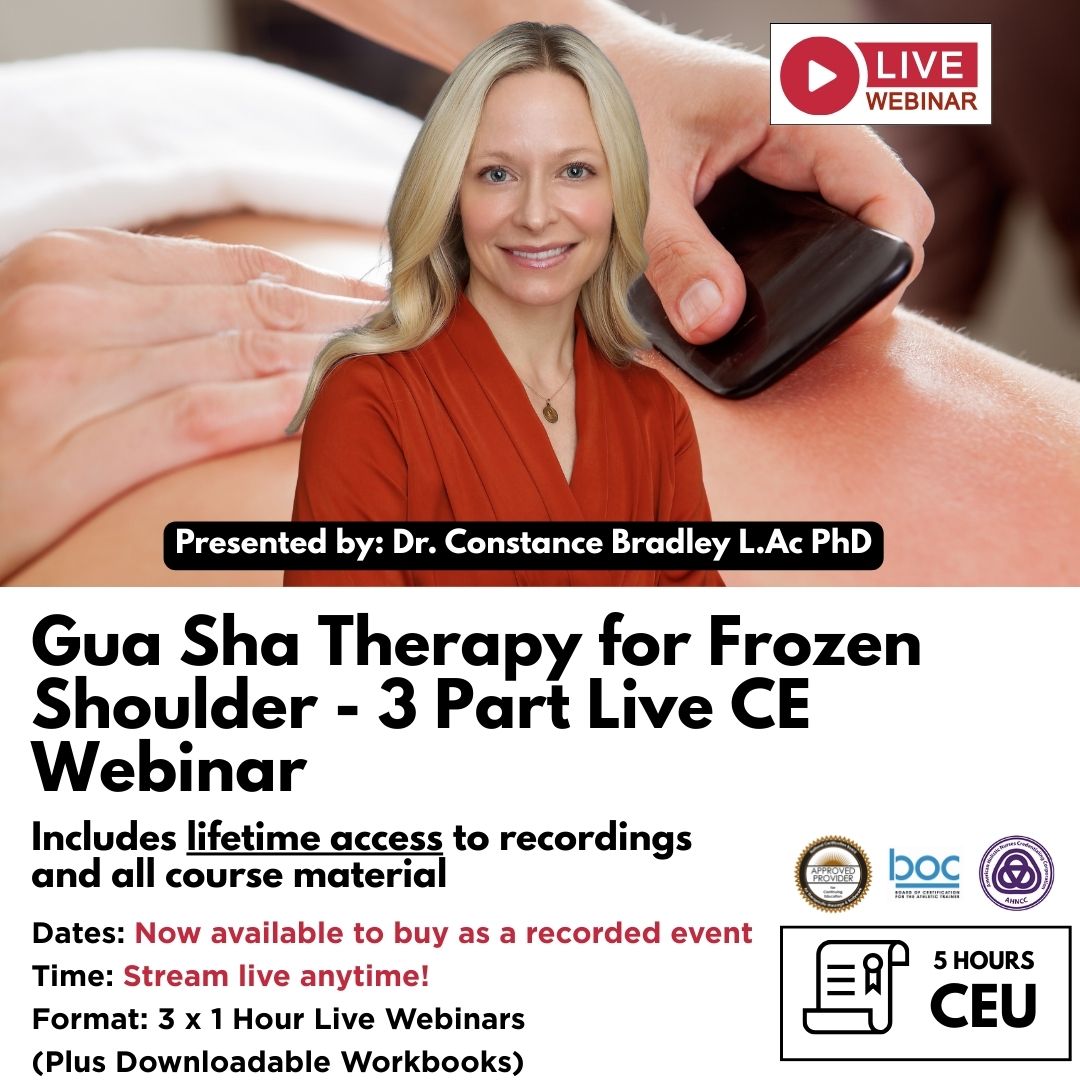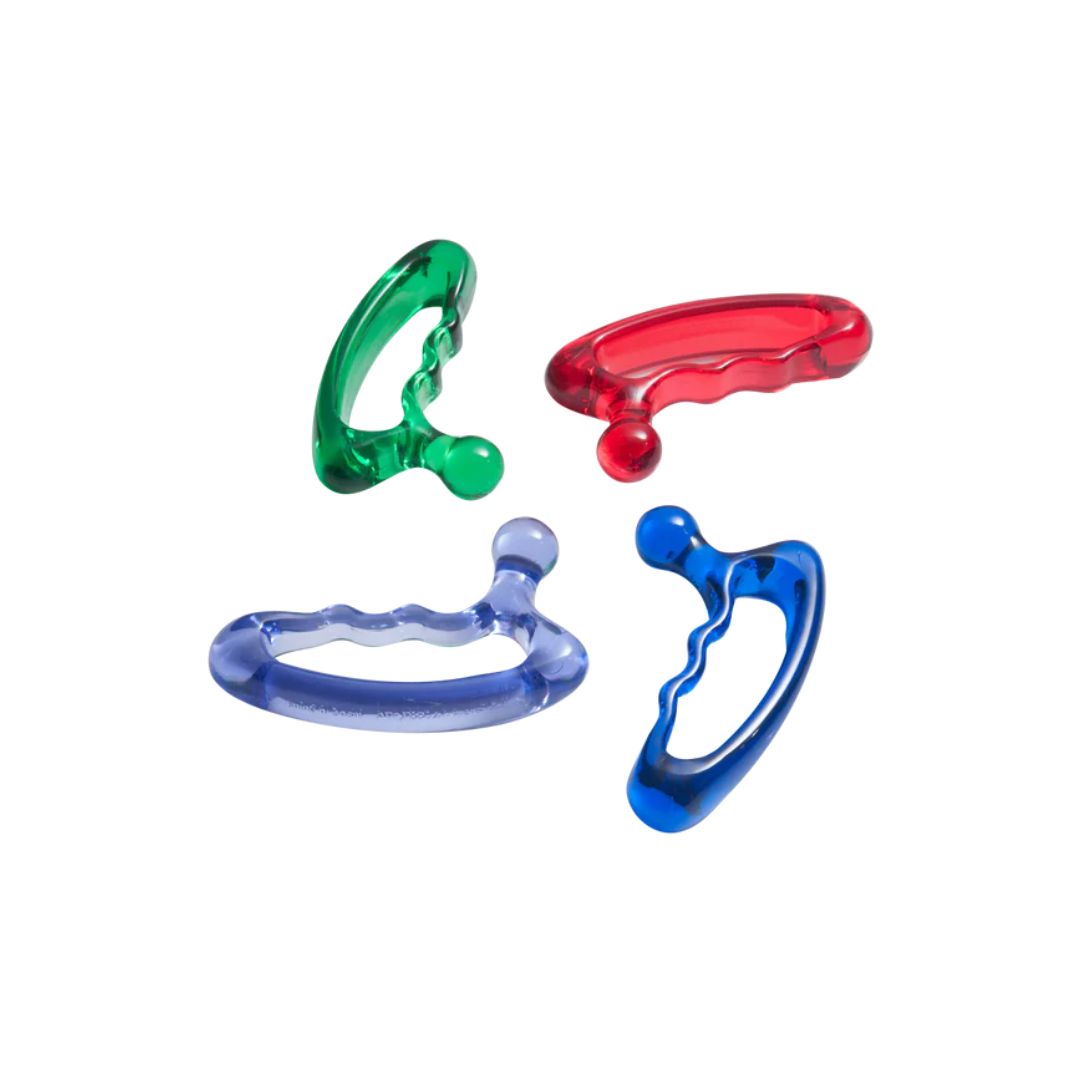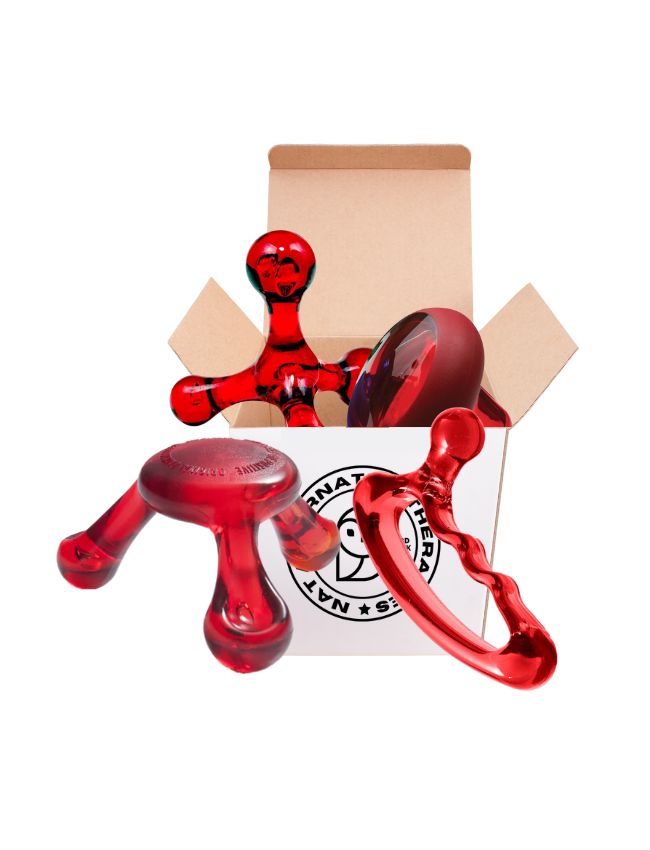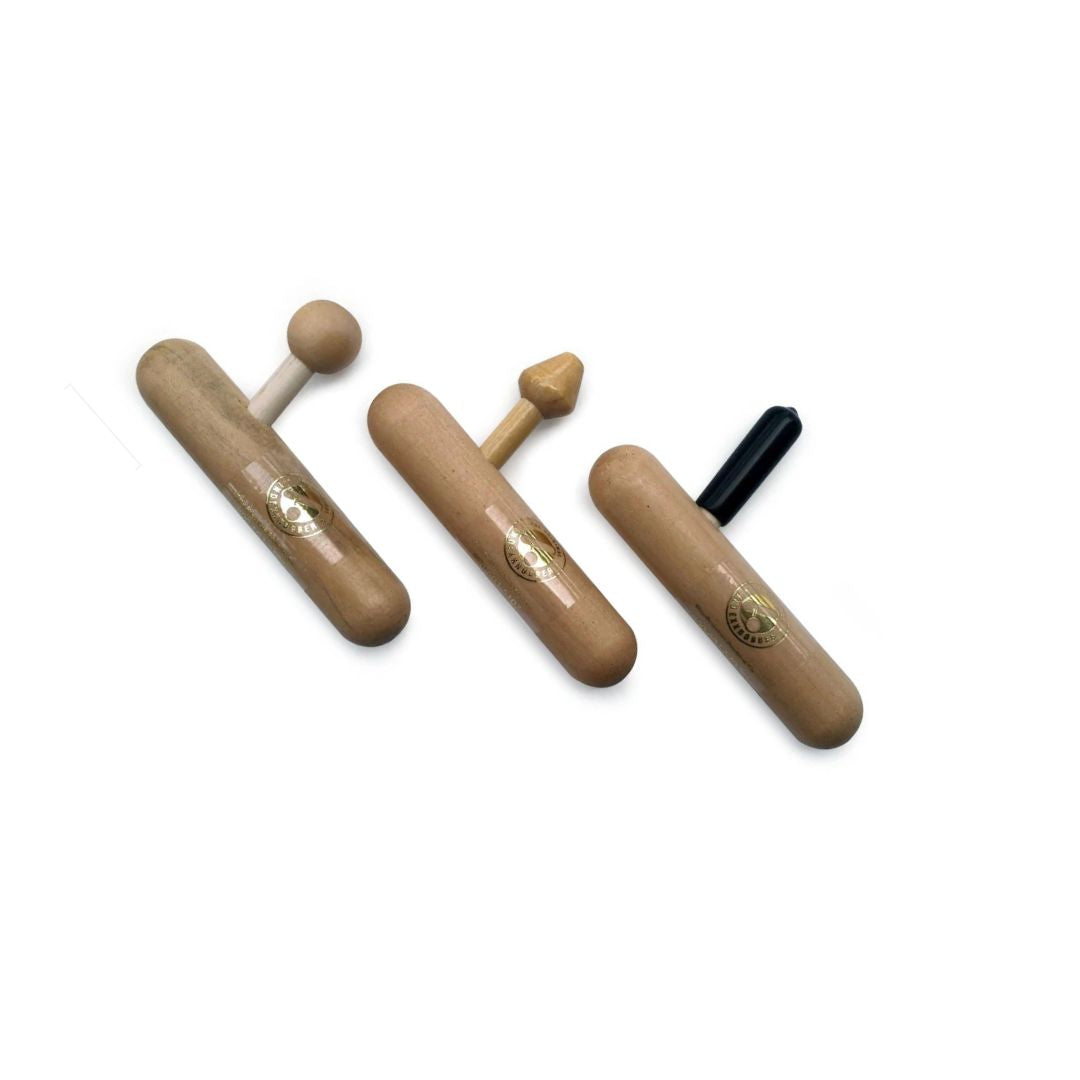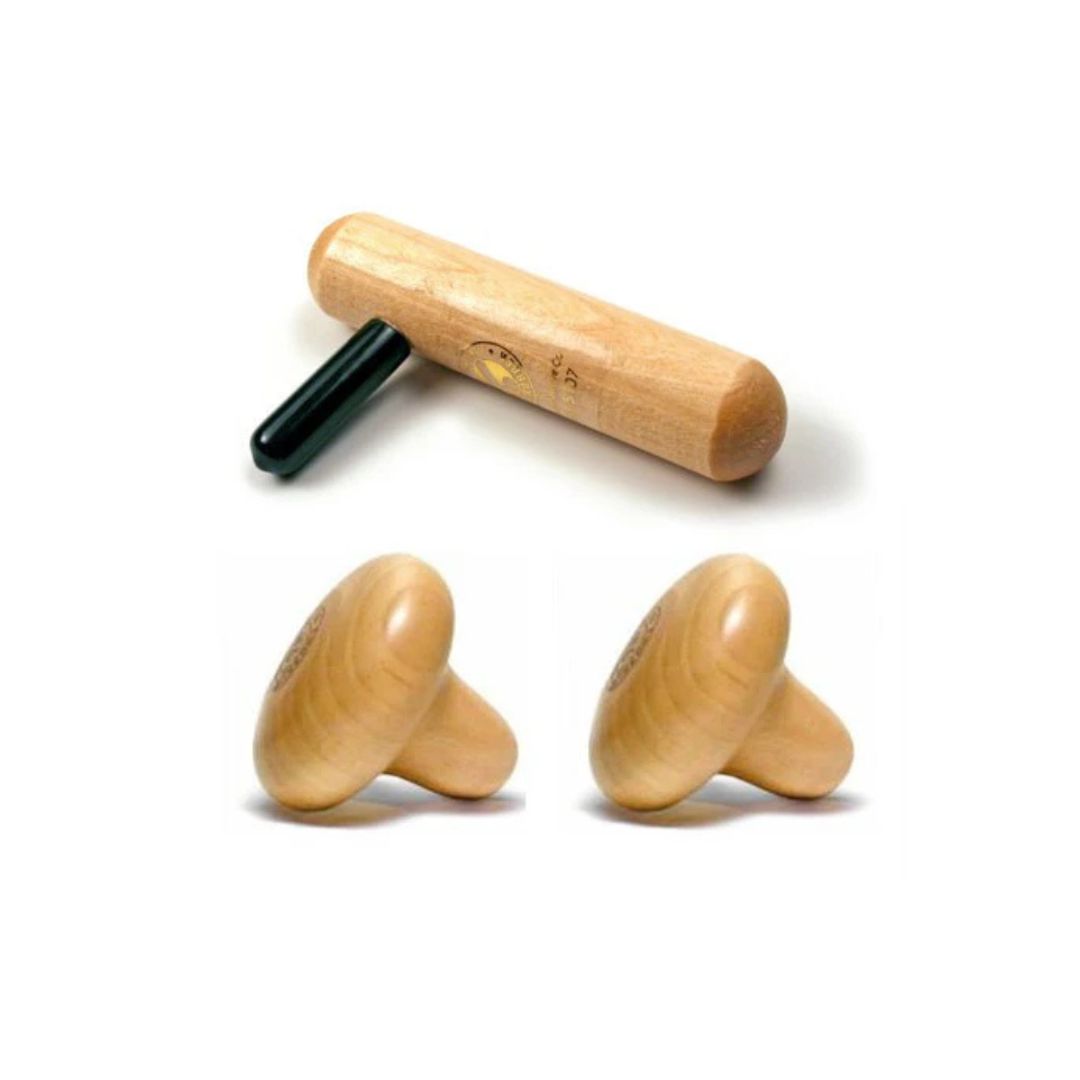Splenius Muscles | Trigger Point Release

The splenius muscles are prone to trigger points - but often overlooked as they can be difficult to treat
Treating Splenius Trigger Points - Stuart Hinds
Technically speaking the splenius capitis and cervicis muscles form part of the deep (or intrinsic) muscles of the back. These are broad strips of muscle that run up the back of the neck, deep to the Sternocleidomastoid (SCM).
These back/neck muscles are active as they are work both together and independently to extend the head and neck.
The splenius muscles are very prone to developing trigger points, and these can be the cause of chronic pain and stiffness.
There are a lot of muscles associated with the neck and these deep muscles can often get overlooked. In some cases, they can be difficult to reach.
See the video above for more information.

Splenius Capitis - Common Trigger Point Site

Splenius Cervicis - Common Trigger Point Sites
TERMINOLOGY
Greek splenion, bandage; Latin capitis, of the head; cervicis, of the neck
ORIGIN
Splenius capitis: lower part of ligamentum nuchae. Spinous processes of the 7th cervical vertebra (C7), and upper 3 or 4 thoracic vertebrae (T1–T4).
Splenius cervicis: spinous processes of the 3rd to 6th thoracic vertebrae (T3–T6).
INSERTION
Splenius capitis: posterior aspect of mastoid process of temporal bone. Lateral part of superior nuchal line, deep to the attachment of the SCM.
Splenius cervicis: posterior tubercles of transverse processes of the upper 2 or 3 cervical vertebrae (C1–C3).
ACTION
Acting together: extend head and neck.
Individually: laterally flexes neck. Rotates face to same side as contracting muscle.
NERVE
Dorsal rami of middle and lower cervical nerves.
BASIC FUNCTIONAL MOVEMENT
Examples: looking up; turning head to look behind.
REFERRED PAIN PATTERNS
Splenius capitis: 3–5 cm zone of pain in center of vertex of skull.
Splenius cervicis: (a) upper: occipital diffuse pain, radiating via temporal region toward ipsilateral eye; (b) lower: ipsilateral pain in nape of neck.
INDICATIONS
Headache, neck pain, eye pain, blurred vision (rare), whiplash, pain from draught, postural neck pain (occupational), “internal” skull pain, neck stiffness, decreased ipsilateral rotation.
CAUSES
Poor posture, playing musical instruments, lying on front with head propped up, poor glasses, upper crossed pattern, kyphosis, scoliosis, wear and tear, cold drafts/ air conditioning, vertebral alignment issues, certain sports (e.g. archery), tight shirt/tie, depression.
DIFFERENTIAL DIAGNOSIS
Other types of headache. 1st rib dysfunction. Torticollis. Optical problems (eyestrain). Neurological. Stress.
CONNECTIONS
Trapezius, SCM, masseter, temporalis, multifidus, semispinalis capitis, suboccipital muscles, occipitofrontalis, levator scapulae, pectoralis major.
LINKS
Dry Needling for Trigger Points
Certify as a Trigger Point Therapist
See All NAT Online Trigger Point Courses
NAT Education Membership Plans
This trigger point therapy blog is intended to be used for information purposes only and is not intended to be used for medical diagnosis or treatment or to substitute for a medical diagnosis and/or treatment rendered or prescribed by a physician or competent healthcare professional. This information is designed as educational material, but should not be taken as a recommendation for treatment of any particular person or patient. Always consult your physician if you think you need treatment or if you feel unwell.
NAT Education Membership Plans from $19.95/monthly


NAT TRIGGER POINT THERAPY DIPLOMA COURSE
About Niel Asher Education
Niel Asher Education (NAT Global Campus) is a globally recognised provider of high-quality professional learning for hands-on health and movement practitioners. Through an extensive catalogue of expert-led online courses, NAT delivers continuing education for massage therapists, supporting both newly qualified and highly experienced professionals with practical, clinically relevant training designed for real-world practice.
Beyond massage therapy, Niel Asher Education offers comprehensive continuing education for physical therapists, continuing education for athletic trainers, continuing education for chiropractors, and continuing education for rehabilitation professionals working across a wide range of clinical, sports, and wellness environments. Courses span manual therapy, movement, rehabilitation, pain management, integrative therapies, and practitioner self-care, with content presented by respected educators and clinicians from around the world.
Known for its high production values and practitioner-focused approach, Niel Asher Education emphasises clarity, practical application, and professional integrity. Its online learning model allows practitioners to study at their own pace while earning recognised certificates and maintaining ongoing professional development requirements, making continuing education accessible regardless of location or schedule.
Through partnerships with leading educational platforms and organisations worldwide, Niel Asher Education continues to expand access to trusted, high-quality continuing education for massage therapists, continuing education for physical therapists, continuing education for athletic trainers, continuing education for chiropractors, and continuing education for rehabilitation professionals, supporting lifelong learning and professional excellence across the global therapy community.
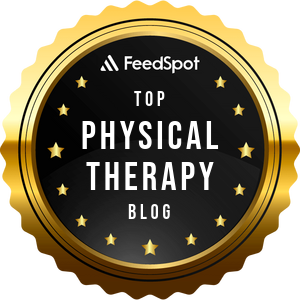
Continuing Professional Education
Looking for Massage Therapy CEUs, PT and ATC continuing education, chiropractic CE, or advanced manual therapy training? Explore our evidence-based online courses designed for hands-on professionals.

